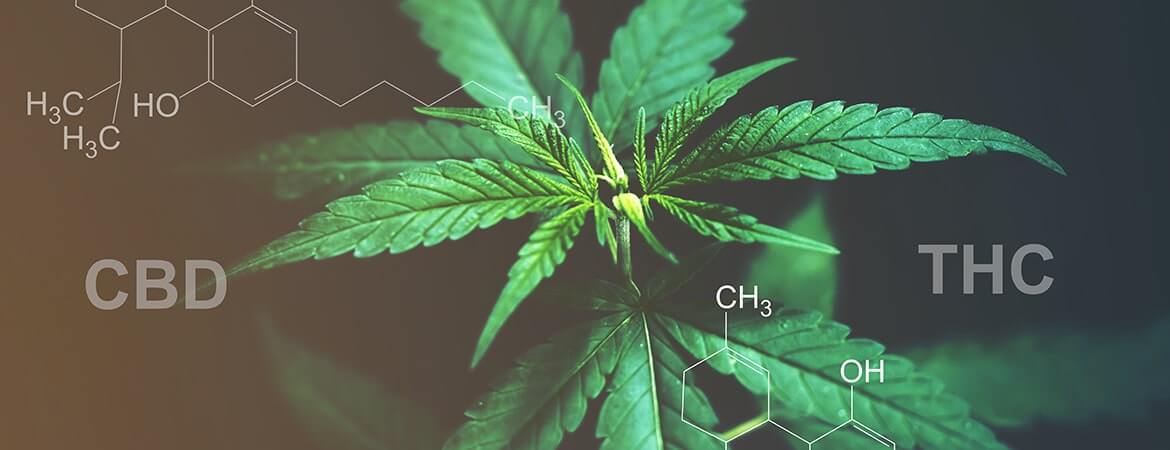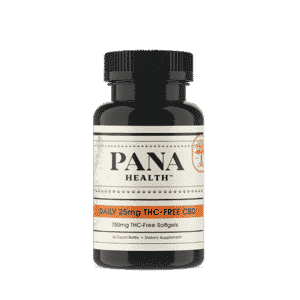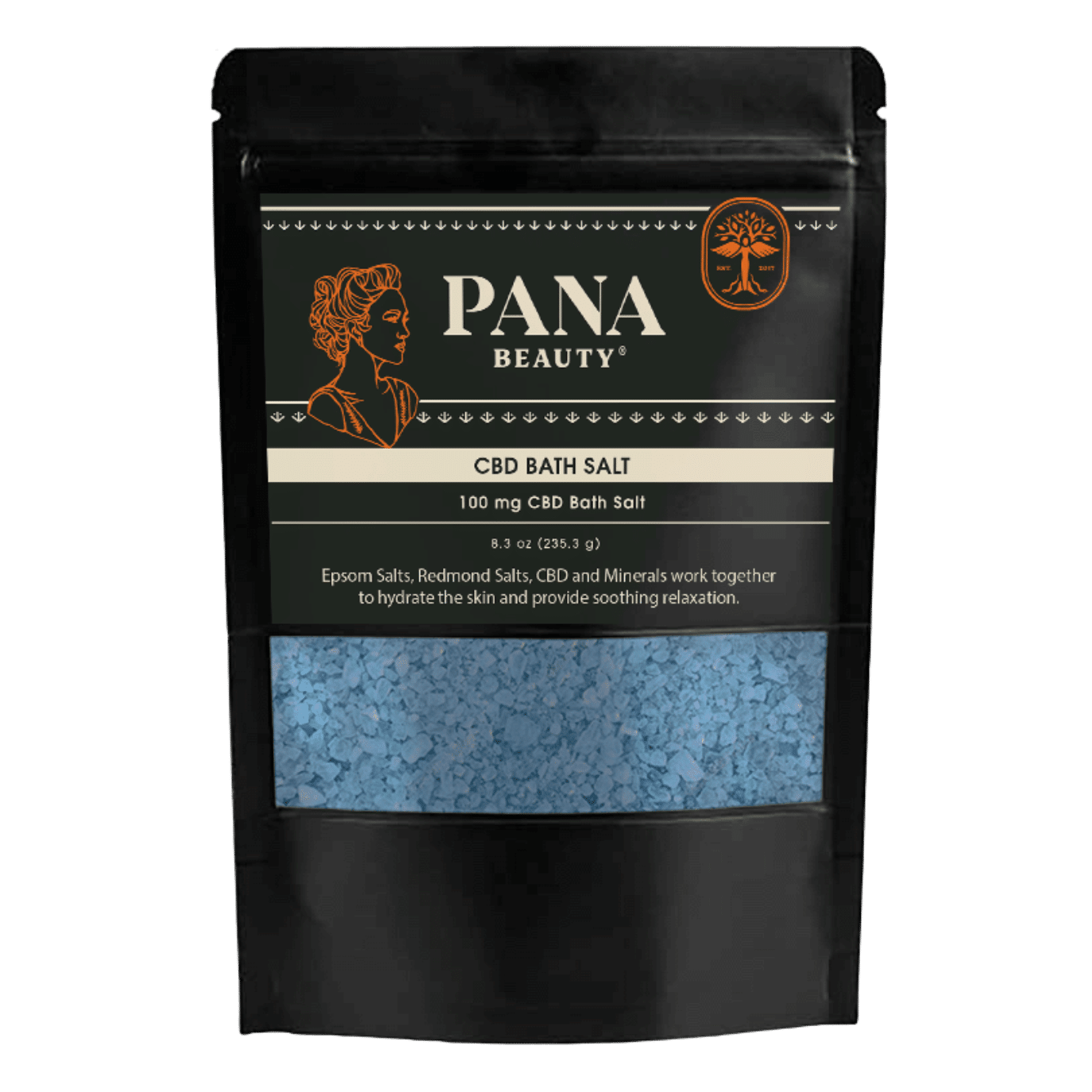On every street corner, in every shop window, and even online, you’ll find a plethora of CBD products enticing you with a list of benefits, but how to know what’s right for you? Before we get into whether or not you can take too much of the popular supplement, let’s first discuss what it is.
Cannabidiol (CBD) is a naturally occurring compound found within the Cannabis plant. The use of CBD will not produce a high because CBD has no psychoactive effects. It’s become a trend in mainstream health and wellness industries with thousands of consumers using a variety of different CBD products, including topicals, creams, and drops.
Although there is much more scientific research needed, publications suggest that CBD may indeed provide many health benefits. One study demonstrated that using Cannabidiol promoted anti-panic and anti-anxiety effects and substantially reduced an individual’s physical symptoms of anxiety. Those who have severe epilepsy may also benefit from CBD. In a 2015 study of 214 people, researchers found that taking between 2 and 5 mg of CBD a day alongside their regular medication resulted in up to 36.5% fewer seizures per month. CBD has been demonstrated by numerous studies to act as an anti-inflammatory which may lead to a reduction in muscle pain, joint pain, and exercise-induced soreness.
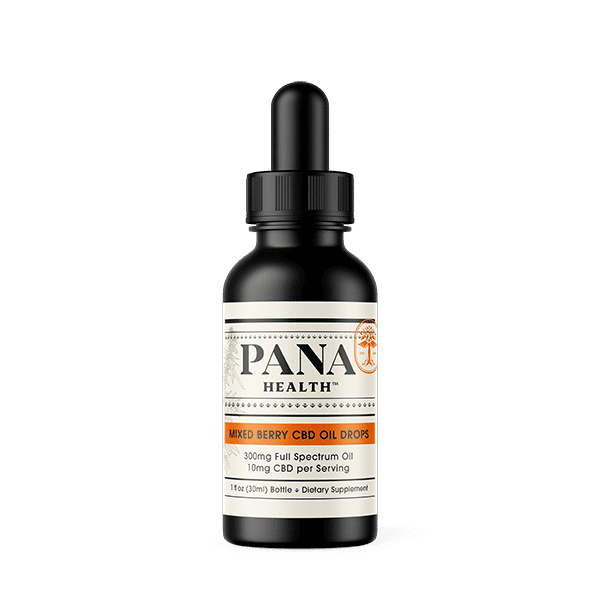
While the benefits may sound great, you’re probably wondering, “Can you overdose on CBD?”
Is it possible to overdose?
We typically associate overdose with immediate death as seen with opiate overdoses. CBD, even when taken at very high doses will not result in an overdose death. CBD has been reported to be extremely safe at low to moderate doses. However, doses in excess of 20 mg per kg (weight) per day has been shown (GW Pharma clinical data) to elevate liver enzymes suggesting that taking CBD chronically at these levels may lead to liver damage. This is a very high dose, meaning that for a 100Kg (220lbs) person, the dose is 2,000 mg of CBD each day! Most supplements or drugs taken at these levels would have deleterious effects. With any supplement, moderation is important to explore to find the right dose that will provide you with the best health benefits.
Also, a prior study published in the Current Drug Safety journal investigated the effects of acute and chronic oral supplementation of CBD in rhesus monkeys. Injected in doses up to 300 ml per 2 pounds (1 kg) of body weight, CBD proved fatal for some monkeys by triggering cardiac failure and respiratory arrest. With that being said, it would take an enormous amount of CBD to trigger an overdose in humans, as our tolerance for CBD is much higher because we weigh a lot more than rhesus monkeys. The Current Drug Safety study also notes that CBD administration in human studies “did not induce side effects across a wide range of doses,” and “tolerance to CBD did not develop.”

-
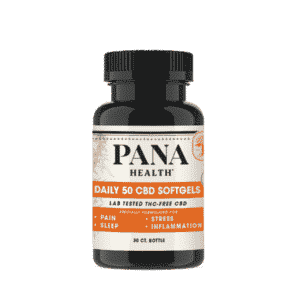
Daily 50 CBD Softgels Vegan + THC-Free
$34.95 Add to cart -
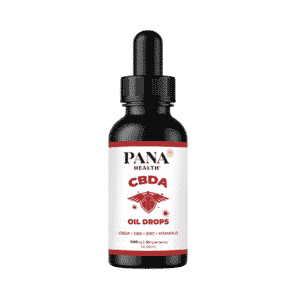
CBDA OIL DROPS (Full Spectrum)
$24.95 Add to cart -

CBD Softgels for Sleep 50mg
From: $33.95 Select options This product has multiple variants. The options may be chosen on the product page
So, as you can see, using CBD is quite safe. However, it is fundamental to acknowledge that while existing research is limited, with plenty of scientific scholars calling for further research on the correct dosage and supplementation of CBD.
To Conclude
With CBD gaining popularity quickly, it is no surprise that individuals have a growing curiosity as to what dosage of CBD is safe to consume daily. However, you don’t have to worry, as you’d quite literally have to drink it by the gallon to run the risk of fatality. Nonetheless, we can expect future research to address the questions surrounding the appropriate dosage of Cannabidiol.



